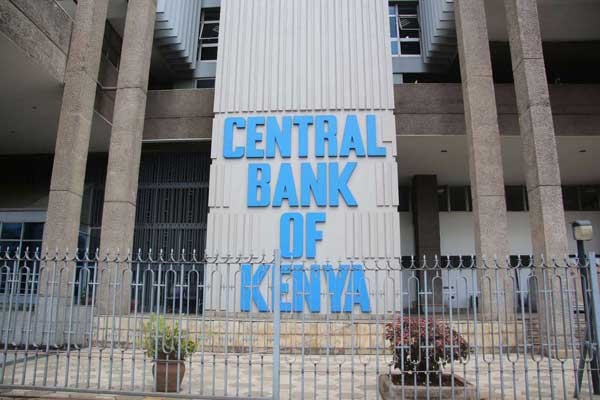
Kenya’s diaspora community has once again raised alarm over fears of being sidelined in the 2027 elections.
This is after the electoral commission excluded them from the ongoing continuous voter registration exercise.
On August 28, the Independent Electoral and Boundaries Commission announced that registration would resume on September 29, targeting newly eligible youth and unregistered citizens.
However, it clarified that the exercise would not cover Kenyans living abroad or those in correctional facilities, citing “ongoing policy reviews”.
“This change is a vital step for local registration, but diaspora and inmates will be updated once reviews are concluded,” the IEBC said in a statement.
The decision has angered the Diaspora Network Hub, which accuses the government of perpetuating voter suppression.
“When we submitted the petition on diaspora voting, strange events started unfolding. Senator Okiya Omtatah’s petition was dismissed, creating setbacks and further negative effects for diasporans,” CEO Mudge Rulf said.
He argued that the IEBC is failing to commit to enfranchising Kenyans abroad.
“Why the fear for diasporans? Why is government infringing on our rights?” Rulf said.
“To the 2027 presidential candidates reaching out to us, know this: Our support will partly depend on your effort to secure our voting rights.”
Responding to the concerns, IEBC chairman Erastus Ethekon maintained that diaspora voters remain part of the electoral framework.
“We are engaging the PS for Diaspora Affairs and diaspora leadership. They are part and parcel of our electorate,” he said, without offering a clear timeline.
The diaspora question has lingered since 2013, when only a handful of Kenyans abroad, about 4,000, voted despite government estimates that more than three million live outside the country.
Although the constitution guarantees progressive realisation of diaspora voting rights under Articles 82 and 83, implementation has remained piecemeal.
By 2022, the IEBC had only mapped registration centres in 12 countries, including the US, UK, Canada, South Africa and several in East Africa.
With their billions of shillings in remittances, the diaspora argue they should participate in the election of the country’s leadership.
They have felt cheated ever since the promulgation of the 2010 Constitution.
Currently, Kenyans abroad can only vote in presidential elections and referendums, a restriction many argue undermines their role as a vital constituency.
With diaspora remittances totalling hundreds of billions annually, frustrations are growing that their economic weight has not translated into meaningful political inclusion.













